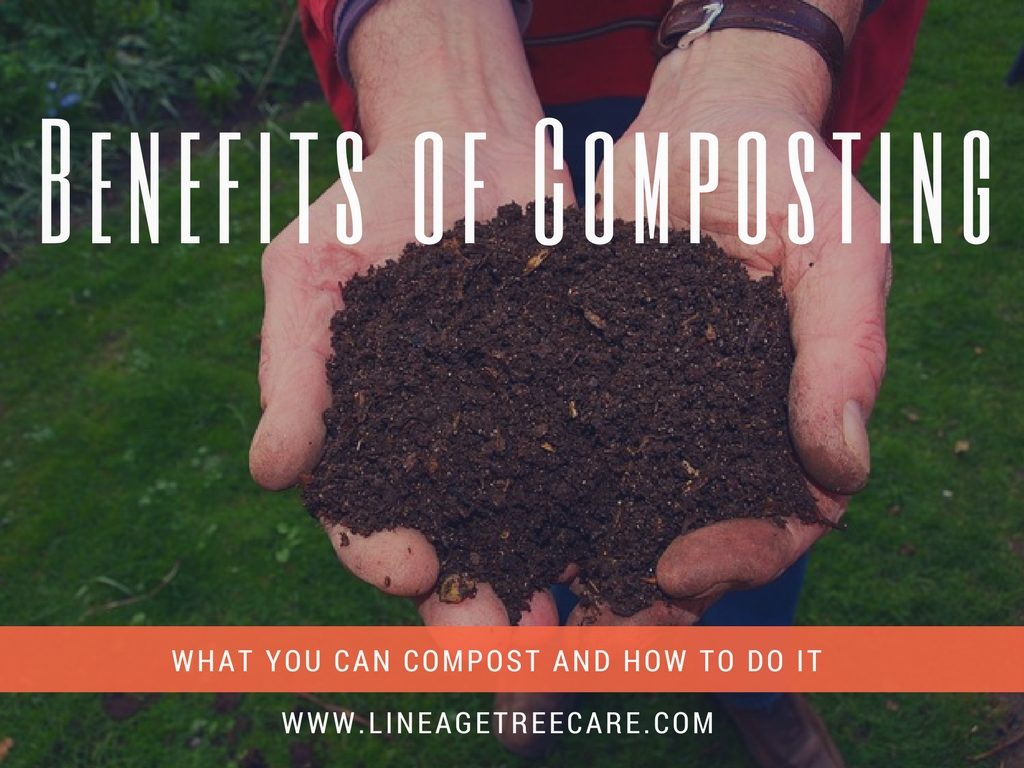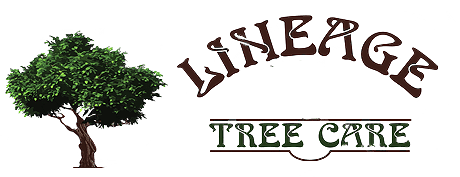
We live in the Pacific Northwest, which is a pretty liberal state. We love our lattes, cringe at those that don’t recycle, and growing gardens in our backyard, but are we all composting the way we should? One of our employees moved to Missouri for a couple of years and was shocked at how little the county or city actually did to help their residents compostable recycle. Everybody just threw everything in the trash. If we keep doing that, we may not have much of a planet to protect any longer.
If you’ve been concerned about composting or you just don’t know where to start, there are some great tips to get you started and reasons you should be composting.
Just about everybody and Snohomish and King County should have a composting bin that gets picked up once a month in the winter and every week during the summer and spring months. What most people don’t know is what you can actually put in that compost bin.
“If you can grow it, you can compost it.”
This is a good rule of thumb when figuring out what to put in your compost bin. Some parts of King County will allow things like paper towels, meat scraps, and bones but places like Snohomish County will only allow plant matter. You can put cuttings from the lawn, trimming’s and pruning’s from trees as long as they are less than 4-foot sections and no wider than 4 feet in diameter, fruit and vegetable scraps, and anything that technically can grow. Any type of plant matter is fine to compost.
If you choose to not use a bin and compost yourself, you can use it for mulch, neutralizing the soil, and adding much-needed nutrients back into the soil for gardens, trees, and your grass.
It also reduces landfill waste. Most waste management companies do not allow you to put any food waste in the garbage. Of course, if you can’t compost it or recycle it, it has to go in the trash. But the more we can keep out of the actual garbage and landfills the better. It’s better for the environment, and it saves money.
Composting also improves overall air quality. It reduces methane in the air and doesn’t produce deadly chemicals that can be hazardous to our bodies.
Composting can also stop erosion. By piling up compost, turning it, and letting it form into its own natural dirt and mulch, it keeps nutrients in your yard, it’s great for around bodies of water, and stop soil erosion around your home and garden. Mulching as much is you can, composting whatever you can, and keeping your trash production as low as possible is a great goal for your entire family.
Stay tuned to our blog for more information on landscaping and tree service and for all tree removal in Snohomish County, call on Lineage Tree Care.
